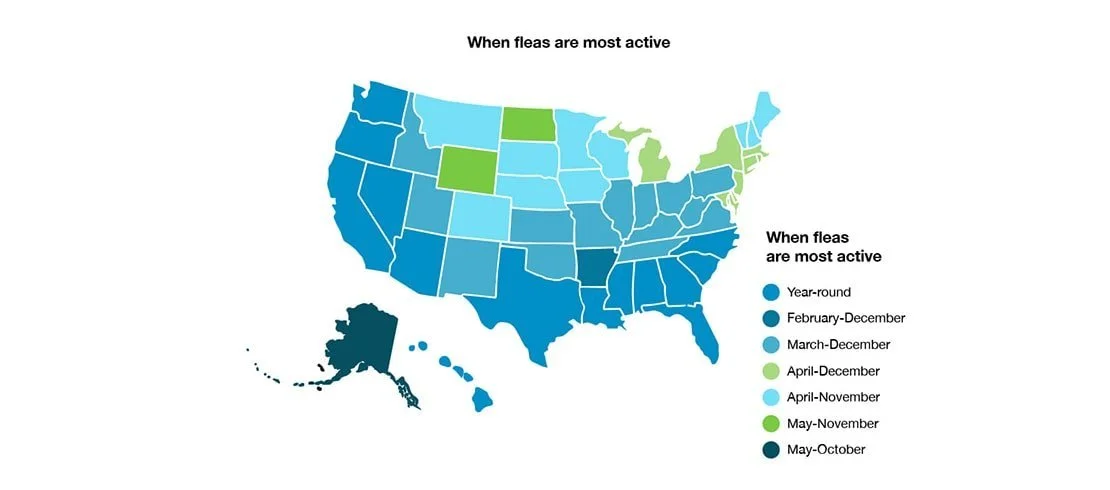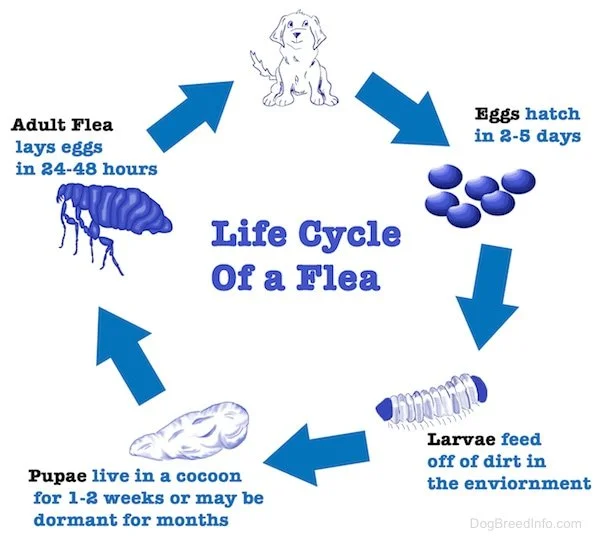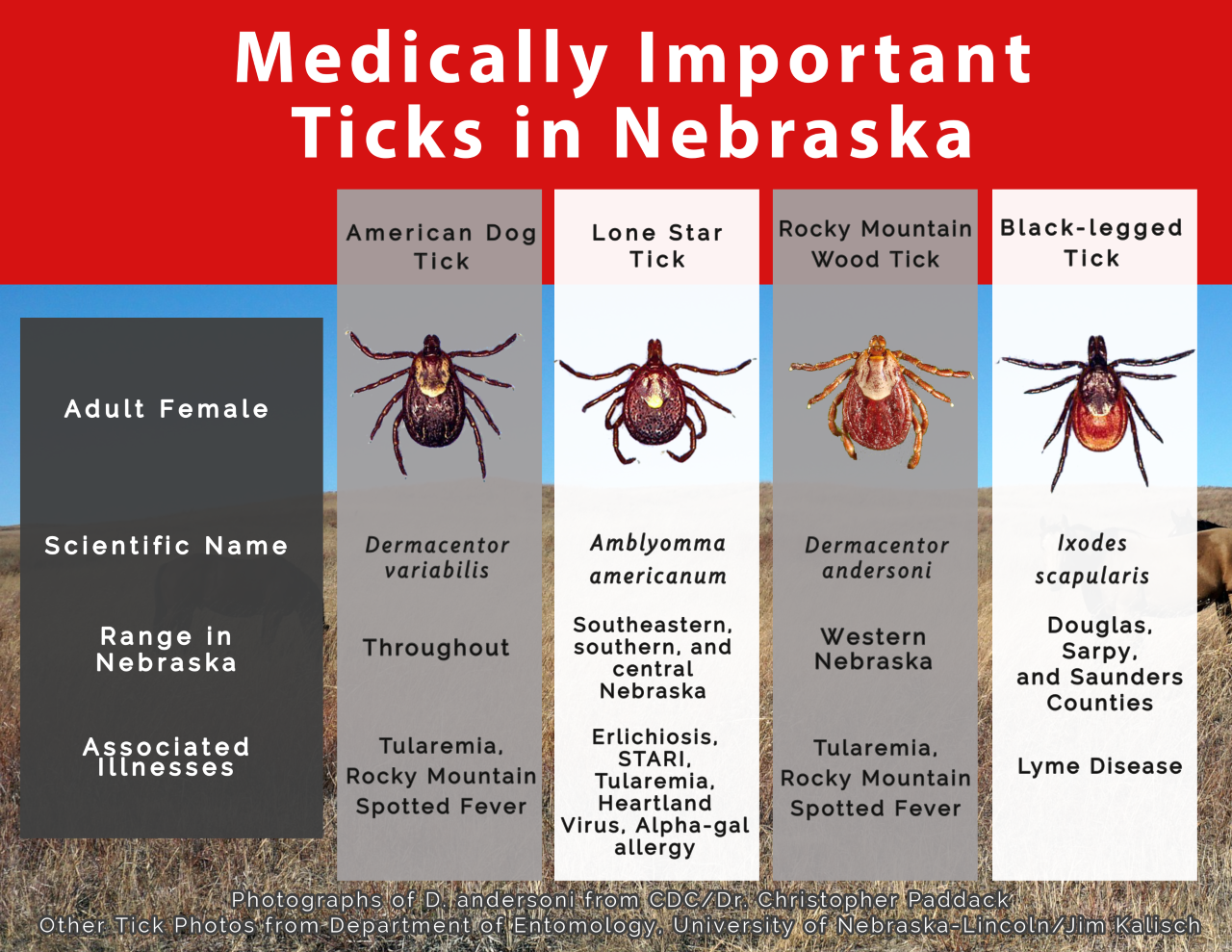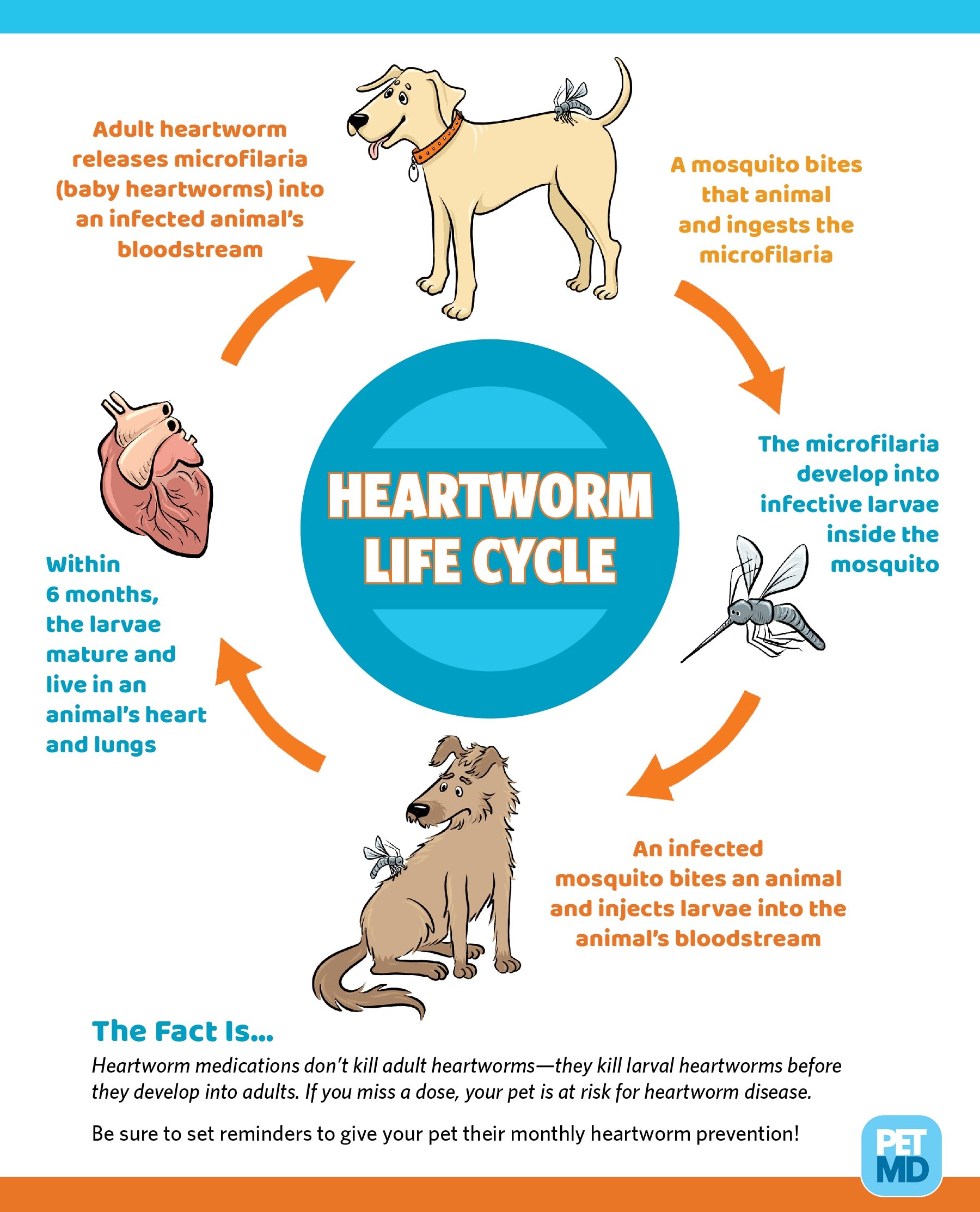All Things Parasites
So we are talking all things ~parasites~, brace yourselves folks!!
Being in the veterinary field I am so thankful that most clients prefer their pets on these preventative medications year round! For those of you who are still a little iffy on whether you want to keep your dog on these preventatives during the winter or do the annual deworming and testing, I am here to give you some great information about why you should. I will also breakdown each parasite, how they work and diseases spread or caused by them.
Side note- we can some of these parasites from our pets, btw…. Gross!!! And bad for our own health.
Fleas
Fleas are an external parasite/wingless bug. They bite their host and typically ingest blood for survival, while finding a safe warm body perfect for their eggs, they decide to make your pet their new home. Fleas DO NOT go away in the winter, yes...you don’t see them as often and you may think they freeze then die off but they actually don't die, and sometimes they live inside your own home over the winter. If there is a warmer day out during the winter they will unfreeze and come back out and start infiltrating themselves back into our lives. Fleas can completely invade your house and they are very difficult to get rid of as the lifecycle of a flea lasts about 60 days. I places info-graphs below for references!
Treatment
The first goal is to get rid of the adult fleas and then the eggs they have laid. To do so, I recommend going to your vet and getting an instant adult flea pesticide, my favorite is Capstar, within 30 minutes all of the adult fleas will be off your pet and slowly diminish.
Once that is done I would purchase a monthly or quarterly flea and tick preventative, give as directed by your Veterinarian. (I do not recommend flea collars as they cause skin irritation and many fleas and ticks have become resistant to them over the years).
Give you dog or cat a VERY thorough bath with flea & tick shampoo recommended by your Vet, a quick rinse won't do the trick- your goal is to scrub their skin to get the flea dirt and eggs off, if you're using a medical grade shampoo this will also end the egg cycle.
Your next step is to deep clean your house *ugh*. I'm talking extensive vacuuming, shampooing/steaming carpet, upholstery and washing all surfaces your pet(s) have been hanging around. (Remember to clean your vacuum and other supplies!!!) There are great products you can use afterwards that will also kill the fleas, please be careful on what you're buying, always ask your Vet what they recommend and what is truly safe for your pets, especially your feline friends. (NEVER TRUST A GENERIC LABEL & GOOD MARKETING!!)
Continue cleaning & looking for signs of fleas over the next 60 days, I recommend giving your pet weekly baths (this can dry out their skin if you aren't using a moisturizing shampoo or conditioner, so keep an eye on excessive scratching, flaky, irritated skin). I would also deep clean your home bi-weekly or monthly for 3 months, just to be sure!
*above info-graph states "most active", just a friendly reminder that they can be active YEAR ROUND!
Ticks
Ticks are parasitic arachnids, an external parasite... Luckily they are easy to get rid of (no infestations here), unfortunately they carry and transmit numerous diseases for both pets and humans, which can transmit from a single bite and lead to life long health issues.
Common Diseases
Lymes Disease, Tularemia, Ehrlichiosis, Rocky Mountain Spotted Fever (RMSF) and Anaplasmosis are the most common you'll see in this area. Extreme cases can cause life threatening anemia or neurologic disorders. Symptoms of these diseases are quite generic- vomiting, lethargy, diarrhea, anemia, weight loss but can lead to neurologic issues like seizures or temporary paralysis.
Treatment & Testing
Preventatives are the ultimate way to prevent any tick bite. Certain preventatives work in different ways though. Some kill the tick once it's bitten the host, some ward off the tick from being on the host and some kill the tick once its touched (crawled) on the host. I recommend preventatives which prevent any and all bites.
Removing a tick... We want the tick to unlatch from the host, 70%-90% Isopropyl alcohol, heat and or smothering the tick can do the trick, then remove the tick and dispose of properly. (Probably don't release it back to the wild, they aren't endangered at all.)
During your pets' annual exam, your vet may mention a heartworm test, most tests these days also include Ehlrichia, Anaplasmosis and Lymes antigen testing along with the heartworms, aka no extra cost for each disease tested!!
Heartworms
Heartworms come from mosquitos.
Heartworm disease is the most common amongst all of these possible diseases for parasites, although it is less common/almost unheard of in cats. Here is an info-graph showing the life cycle of a heartworm from the mosquitos.
Prevention & Treatments
Just like fleas and ticks, your Veterinarian has preventatives for heartworms. These preventatives DO NOT kill adult worms, just the larvae.
During your pet(s) annual exam, your vet may offer a heartworm test, this test looks for antigens given off of adult heartworms. It does take 6 months for the larvae to develop into adult worms, some Vets recommend doing bi-annual tests, ultimately it can be up to you. I would make your decision based on how good you are with the monthly preventatives, where you and your dog have traveled or other clinical signs like lethargy and coughing.
Treating for adult heartworm infestation is timely and very costly, the medication cost alone is horrendous (your vet cringes when they have to buy this stuff, trust me we don’t like the price either!!!) let alone treating the animals for any negative side effects caused by the worms and termination of the worms.
Intestinal/Internal Parasites
Most of these parasites are ingested by the "host" aka your pet, from sniffing infested feces or eating feces or rodents.
During your pet(s) annual exam, it is a great time to receive a dewormer even if your dog isn't showing clinical signs. The dewormers are very safe and won't harm your pet, even if they don't have any parasites.
You can also opt for a fecal exam where the Vet or Veterinary Nurse look under the microscope for any eggs in the feces.
If your dog is having diarrhea, ruling out parasites is one of the less invasive and cheaper options to start off with diagnostic-wise. Bring a fresh sample of feces (if able) and your vet can prep and look at it in under 10 minutes!
Hookworms
Hookworms attach to the wall of the small intestine and suck blood, and they are a serious threat to dogs.
These parasitic worms can be deadly for puppies if they lose too much blood.
Most symptoms are diarrhea, vomiting, lethargy & anemia.
Roundworms
Roundworms feed off of the nutrients your pet ingest's. Most symptoms are seen in puppies, with a "pot belly" or you can see vomiting, diarrhea, lethargy, weight loss or inappetence. Severe infestations may cause intestinal blockage or malnutrition.
Fun fact- you can also get roundworms! (GROSS) This is caused by accidental ingestion via your pets' feces or vomit.
Children are at most serious risk, especially if they play in an environment where dog or cat feces may be present, such as in a sandbox.
Whipworms
Many dogs with whipworms develop few symptoms, but they could include weight loss, dehydration, anemia, a pot-bellied appearance, and diarrhea that may contain blood or mucus.
Infestations can be difficult to find as the worms only shed eggs intermittently. (Even performing exams on several stool samples may not show any whipworm eggs.)
Most dewormers get rid of whipworms, again, it is important to get your pet(s) dewormed during their annual vet visit.
Tapeworms
Tapeworms come from fleas!!!
They live off of nutrients your pet ingests, most pets don't show any symptoms other than seeing segments of the worms in your pets' feces or sometimes vomit. The segments look like rice and you can also see them around the pets' hind end.
In serious infestations you may see malnutrition, dull hair coat, lethargy or a "pot belly" like appearance.
Giardia
We've probably all heard of this one, as it affects many humans every year. You can get infected by drinking or accidentally ingesting contaminated water. Pets most commonly become infected from infested feces of other mammals.
This parasite causes awful, watery diarrhea and GI discomfort but is easy to treat with a specific dewormer and antibiotic
Avoiding ALL Parasites
Clean Up Your Pets Feces
Avoid the Dog Parks
Use Flea and Tick & Heartworm Prevention
Get your pet(s) Dewormed
Don’t Let Your Dog Chase Wildlife
Get Annual Fecal Exams & Tests at Your Vet





